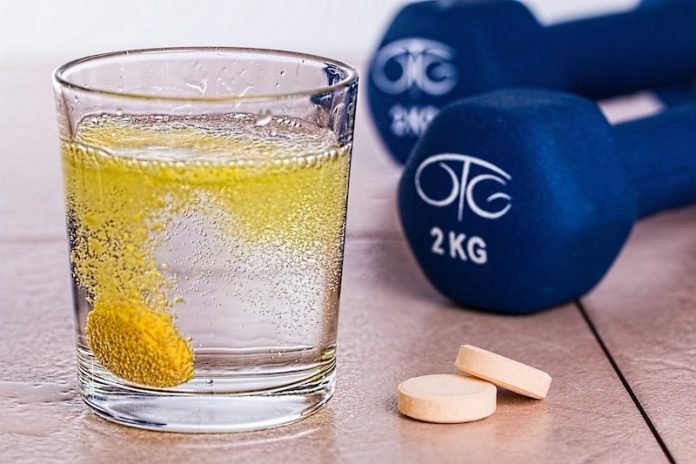
Vitamin B12–deficiency anemia, also known as cobalamin deficiency, is a condition that develops when your body can’t make enough healthy red blood cells because it doesn’t have enough vitamin B12.
Your body needs vitamin B12 to make healthy red blood cells, white blood cells, and platelets. Since your body doesn’t make vitamin B12, you have to get it from the foods you eat or from supplements.
You can get vitamin B12 deficiency if you can’t absorb vitamin B12 due to problems with your gut or if you have pernicious anemia, which makes it difficult to absorb vitamin B12 from your intestines.
Without enough vitamin B12, blood cells do not form properly inside your bone marrow, the sponge-like tissue within your bones. These blood cells die sooner than normal, leading to anemia.
What are the symptoms of vitamin B12–deficiency anemia?
If you have vitamin B12–deficiency anemia, you may have the typical symptoms of anemia at first, such as fatigue, paleness, shortness of breath, headaches, or dizziness.
If left untreated, you may start to notice brain and nervous system symptoms. This is because vitamin B12 is also needed for your brain and your nerves to work properly.
Your symptoms may include:
Tingling feelings or pain
Trouble walking
Uncontrollable muscle movements
Confusion, slower thinking, forgetfulness, and memory loss
Mood or mental changes, such as depression or irritability
Problems with smell or taste
Vision problems
Diarrhea and weight loss
Glossitis, which is a painful, smooth, red tongue
What causes vitamin B12–deficiency anemia?
You can develop vitamin B12–deficiency anemia if you do not eat enough food with vitamin B12, such as if you follow a strict vegetarian or vegan diet.
But this is rare. In the United States, vitamin B12–deficiency anemia is most often due to other risk factors.
You can develop vitamin B12 deficiency for the following reasons:
Lack of intrinsic factor: Intrinsic factor is a protein made in the stomach, which helps the body absorb vitamin B12. People who have pernicious anemia do not produce intrinsic factor.
Pernicious anemia is more common in people with northern European or African ancestry. You may develop vitamin B12–deficiency anemia if your body is not able to absorb enough vitamin B12 from the foods you eat.
Older adults are more likely to have digestive problems that make it harder to absorb vitamin B12.
Lifestyle habits: Drinking too much alcohol can make it harder for your body to absorb vitamin B12. For men this is more than two drinks in a day. For women, it’s more than one drink in a day.
Medicines: Taking certain medicines can make it harder for your body to absorb vitamin B12 over time. These include some heartburn medicines and metformin to treat diabetes.
Medical conditions: Some medical conditions can raise your risk of vitamin B12–deficiency anemia. These include:
Autoimmune diseases, such as celiac disease, type 1 diabetes, and thyroid disease
Genetic conditions, such as Imerslund-Gräsbeck syndrome, inherited intrinsic factor deficiency, and inherited transcobalamin deficiency
Intestinal and digestive conditions, such as ulcerative colitis, Crohn’s disease, and Helicobacter pylori infection
Stomach surgery: Surgery on your stomach or intestines, such as weight-loss surgery or gastrectomy, can make it harder for your body to absorb vitamin B12.
How do you prevent vitamin B12 deficiency?
If you are otherwise healthy, maintaining a normal diet enriched in vitamin B12 is important.
Foods that are good sources of vitamin B12 include:
Lean red meat and chicken
Fish, such as catfish and salmon; and seafood, such as clams and oysters
Milk, yogurt, cheese, and fortified vegan milk substitutes
Fortified cereals
Eggs
Sign up for our newsletter for more information about this topic.
If you care about vitamins and your health, please read studies about how vitamin C could help over 50s retain muscle mass, and vitamin D can help reduce inflammation.
For more information about vitamins and diseases, please see recent studies that vitamin B may prevent brain loss, and results showing why older people really need vitamin K.
Copyright © 2022 Knowridge Science Report. All rights reserved.



